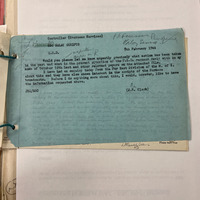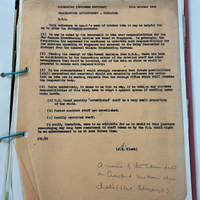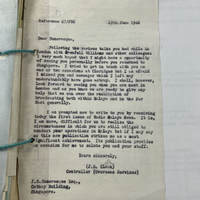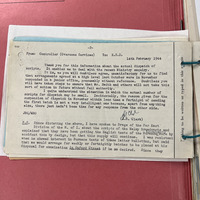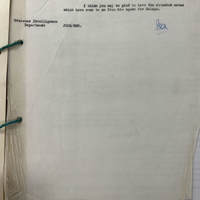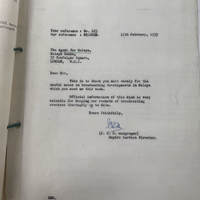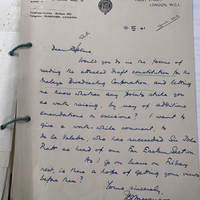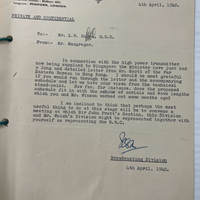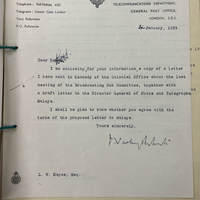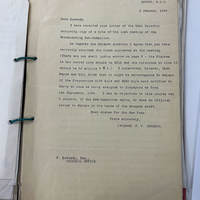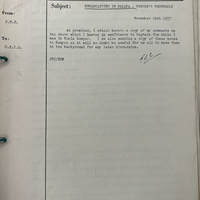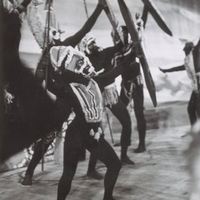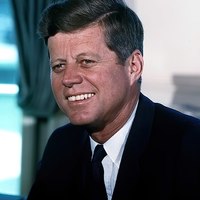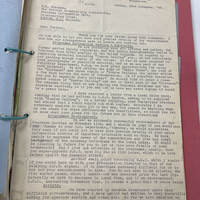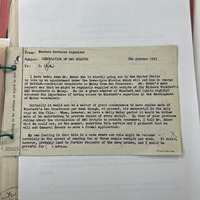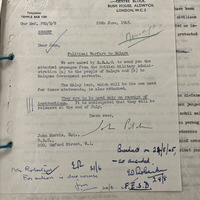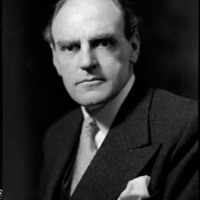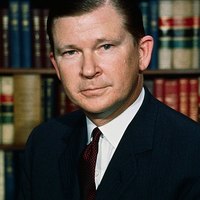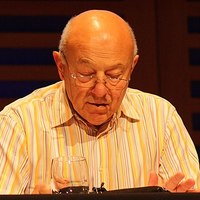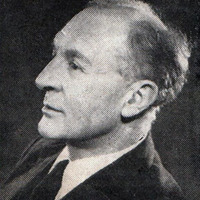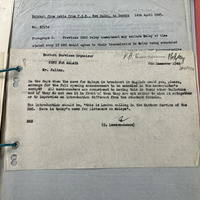About
The BBC in South East Asia is an expanding collection of primary source materials focusing on the British Broadcasting Company's significance in the region during Great Britain's late colonial and early post-colonial periods (1927-1961). Led by Cristina Juan, the project aims to gather BBC-produced sound recordings for and about these geographical entities (currently the nation-states of Malaysia, Indonesia, Singapore, Burma, Cambodia, the Philippines, Brunei, Timor-Leste, Laos, and Thailand. There is a special emphasis (and more materials) on The British Colonies in South East Asia which include Burma (now Myanmar) - Colonial period: 1885–1948 Independence: January 4, 1948; Malaya (part of present-day Malaysia) - Colonial period: Various states from the late 18th century, unified as the Federated Malay States in 1895 and later the Malayan Union in 1946 Independence: August 31, 1957; Singapore - Colonial period: 1819–1963 (joined Malaysia in 1963 and separated to become an independent nation on August 9, 1965); North Borneo (now Sabah, part of Malaysia) - -Colonial period: 1882–1963 (joined Malaysia in 1963); Sarawak (now part of Malaysia) - Colonial period: 1888–1963 (joined Malaysia in 1963); and Hong Kong, - Colonial period: 1841–1997, Handover to China July 1, 1997, becoming a British Special Administrative Region (SAR) which, while it is geographically and culturally distinct from South East Asia, is also included in this database as it played a significant role in British colonial history and the BBC’s regional influence during the period. These recordings are contextualized through related materials from the BBC written archives, The BBC Transcription Service, and the Kew National and SOAS archives.
The sound recordings begin with the earliest surviving BBC broadcasts, now digitized and accessible at the British Library. They encompass diverse materials, such as a 1937 broadcast featuring an Englishman's reaction to the 1927 Krakatoa explosion, the inaugural address of the BBC Empire Service in 1932, and the initial broadcast in May 1951 of London Calling Asia, a programme transmitted to South and South-East Asia as part of the BBC's Far Eastern Service.
Pre-1961 recordings of BBC broadcasts were expensive and only done for practical reasons. Consequently, the corpus of recorded material in the inventory is selective and incomplete. Yet the archive still enables us to listen to sounds that might otherwise remain unheard: commercially viable popular music, field recordings for ambient sound, speeches, and the social and ideological positioning of colonial subjects through voice inflections and sonic expressions. The soundscapes offer insights into both significant political events and the everyday lives of people within and beyond the British imperial sphere.

